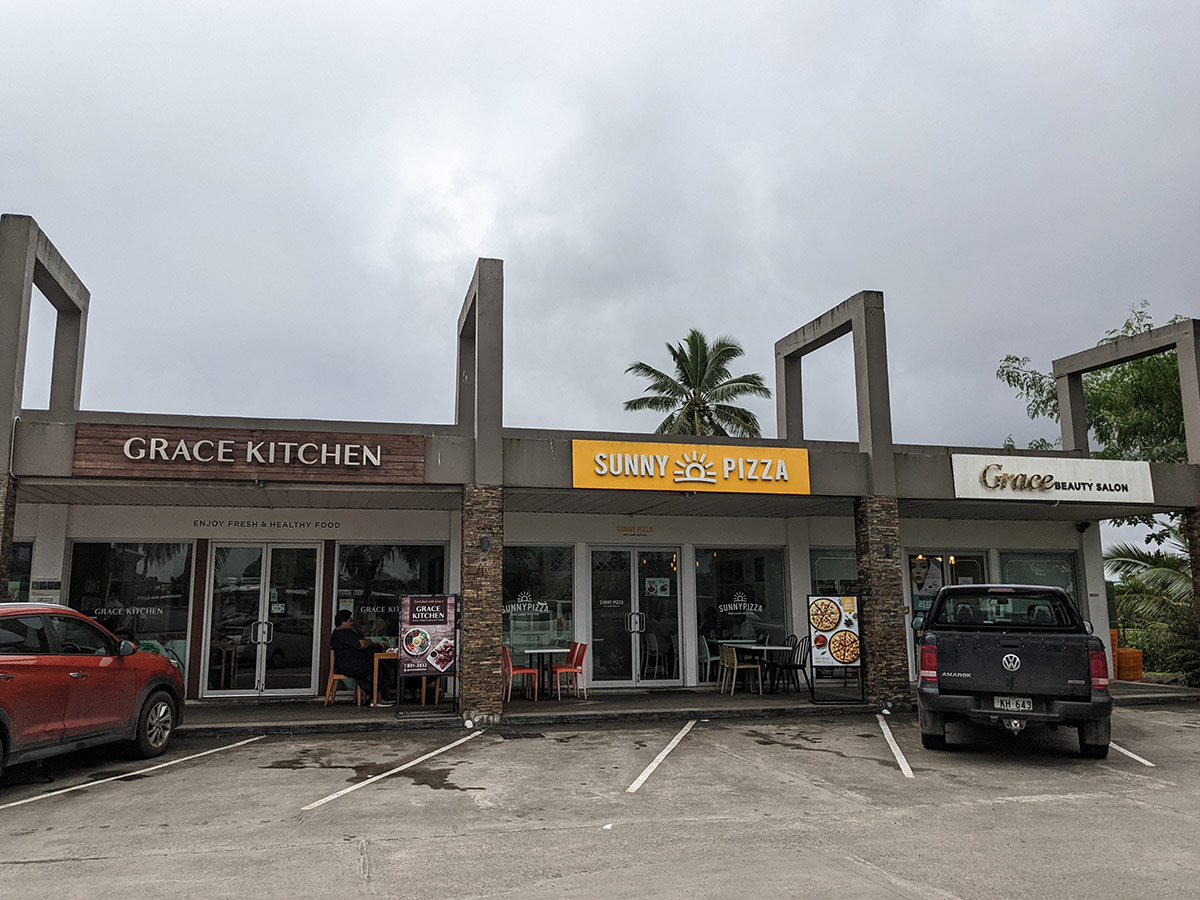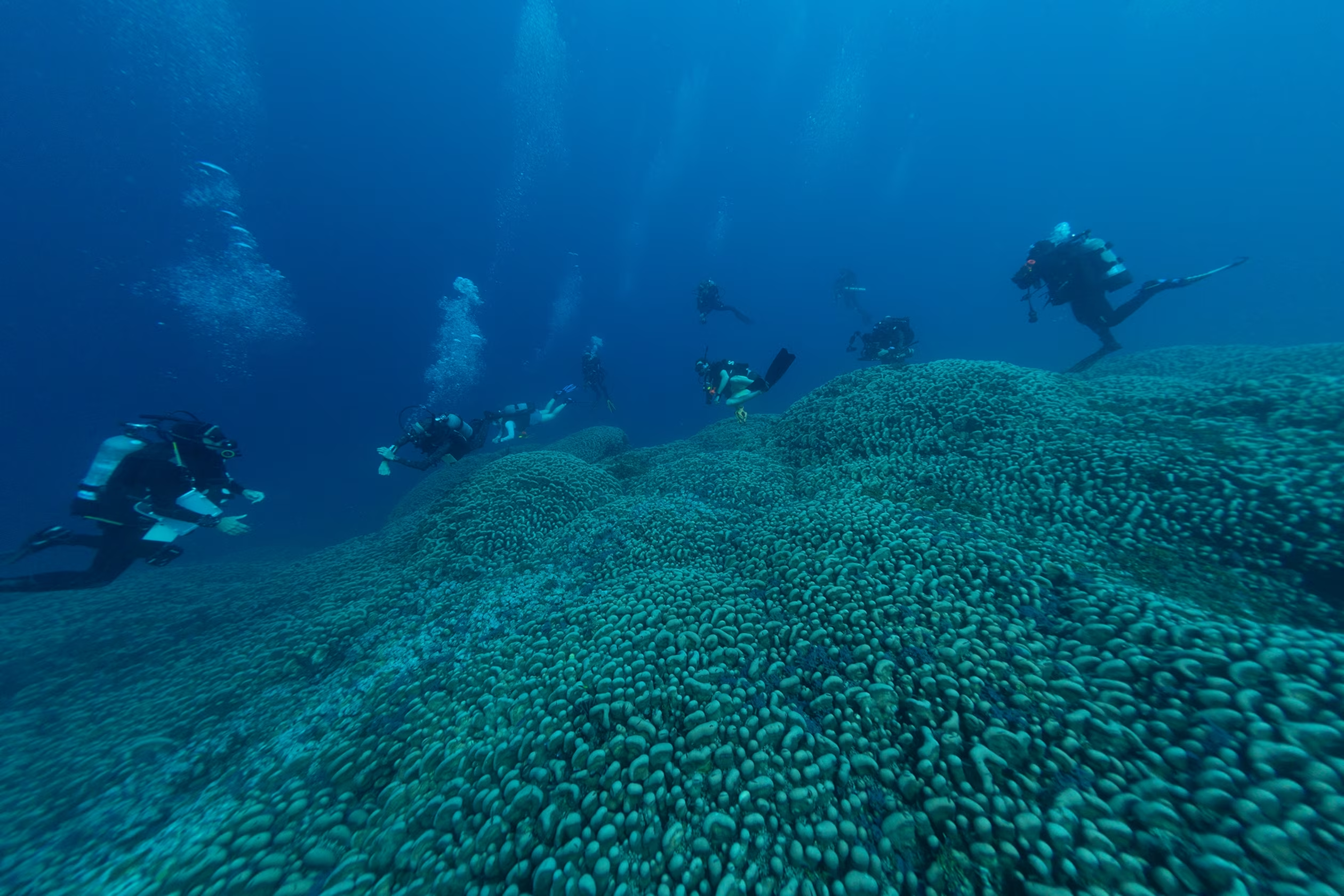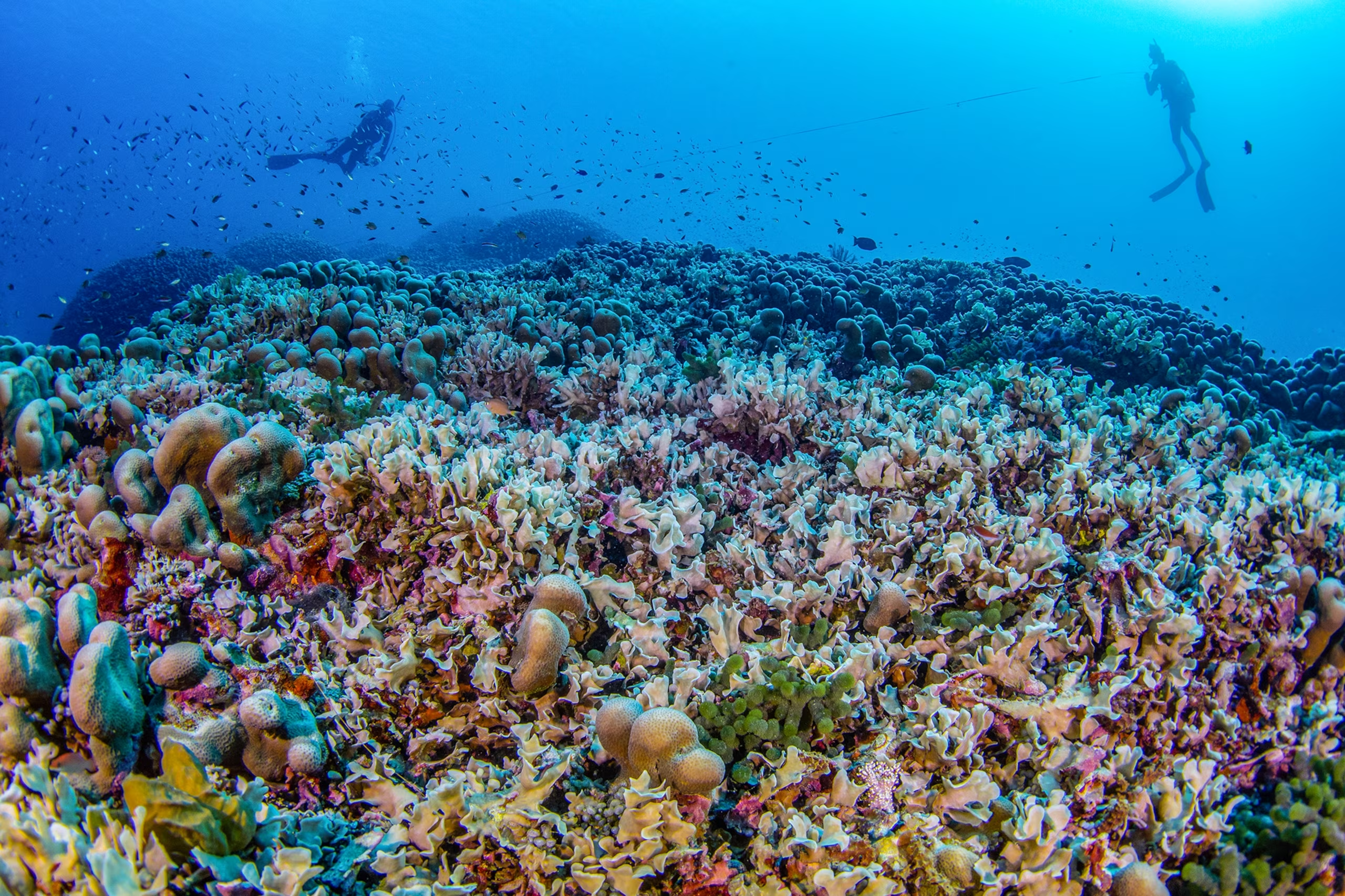
Grace Road Church believes a nuclear-tinged Judgment Day is rapidly approaching — and that Fiji is the post-apocalyptic promised land from which they’ll feed humanity. But despite repeated accusations of abuses, including ritual beatings and forcing members to perform unpaid labor, they’ve received a warm welcome from the Fijian government.
Key Findings
- Grace Road Church, an apocalyptic Christian sect from South Korea, moved to Fiji and built a flourishing business empire.
- The group’s leader is in prison in South Korea for abusing its adherents, and former members describe being beaten and made to work without pay.
- Though a police investigation into other sect leaders accused of abuse is still open in Fiji, no charges have been filed.
- A top prosecutor says there’s not enough evidence — but reporters found that the Fijian police in fact interviewed witnesses who gave them key information.
- The group is widely seen as enjoying the favor of Fiji’s authoritarian government. It has been lauded by Fiji’s powerful prime minister and received millions in loans from the state-backed Fiji Development Bank.

In August 2018, a team of 17 South Korean police officers flew to Fiji on a secret mission: to take down the leaders of a Christian doomsday sect accused of taking away its adherents’ passports and subjecting them to ritual beatings.
The roughly 400-strong group, known as the Grace Road Church, had moved to the Pacific Island nation from South Korea several years earlier. Under the charismatic leadership of Reverend Ok-joo Shin, they came to believe the world was heading for nuclear war and that Fiji’s tropical islands would be a safe haven where they could carry out their “unprecedented biblical reformation” to revive Christianity.
Reverend Shin — who styles herself the “Spirit of Truth” — had been arrested at Seoul’s main airport just a few days earlier as she arrived to visit her homeland on charges including assault, child abuse, and imprisoning church members.
Now, having assembled in Fiji, the South Korean officers teamed up with local law enforcement and began combing through the sect’s properties, starting with a night-time raid on their sprawling green farm on the south coast of the country’s main island. Over two days, the joint force arrested six members, including Shin’s son and second-in-command, Daniel Kim.
In one room on the farm, they came across a drawer containing dozens of passports — what seemed like clear evidence that the group was controlling the movements of its adherents.
But, almost immediately, the operation fell apart. Within days, a Fijian court blocked the church members’ deportation to South Korea. Fijian police then called their Korean counterparts and told them they would take over the investigation.
The Grace Road members were released, and the Korean police flew back to Seoul empty-handed.
“When we heard from the Fijian police that they had to release the suspects, I didn’t understand what was going on,” said one South Korean officer who took part in the operation, but declined to be named because he is not authorized to speak to the media.
The failed attempt to decapitate the sect proved to be a turning point. In the ensuing years, Grace Road has not only thrived as a religious group — it has also flourished as a commercial juggernaut. While Reverend Shin now sits convicted in a Korean prison, her son Daniel Kim has built the church’s businesses into a rare bright spot in Fiji’s pandemic-hit economy, though he remains the subject of a Korean arrest warrant to this day.
He has done so thanks in part to a warm welcome and financial support from Fiji’s repressive government, headed by long-serving prime minister and former armed forces chief Frank Bainimarama. That support includes at least FJ$8.5 million (US$3.8 million) in loans from the Fiji Development Bank, a state-backed institution set up to develop the country’s economy, a joint investigation by OCCRP and the Korea Center for Investigative Journalism (KCIJ-Newstapa) has found.

The bank ultimately reports to Fiji’s second-most-powerful politician, Aiyaz Sayed-Khaiyum. Often called the “Minister for Everything,” he is the second member of an unofficial governing tandem with the prime minister, serving as the country’s attorney general and holding several other ministerial portfolios.
Thanks in part to the government loans it received, Grace Road’s businesses are ubiquitous in Fiji. The sect now operates the country’s largest chain of restaurants, controls roughly 400 hectares of farmland, owns eight supermarkets and mini marts, and runs five Mobil petrol stations. Its businesses also provide services such as dentistry, events catering, heavy construction, and Korean beauty treatments.
Grace Road’s business empire depends in part on the unpaid labor and financial contributions of its hundreds of devotees, some of whom have sunk all of their wealth into the church, according to former members and Korean authorities. Other abuses have also continued, including restrictions on followers leaving Fiji and regular ritual beatings for transgressions.
Fiji’s government has assured the South Korean police and the people of Fiji that they would pursue the case, but have not pressed any charges against Grace Road Church. Though they traveled to South Korea as part of a joint investigation following the 2018 arrests, police did not find enough evidence to justify prosecution, Fiji’s independent director of public prosecutions, Christopher Pryde, told OCCRP.
However, OCCRP and KCIJ-Newstapa were able to establish that, on their trip to South Korea, Fijian officers in fact spoke to key witnesses — who described beatings and other abuses they allegedly suffered at the hands of some of the very same sect members who had been arrested and let go in 2018.
Though Grace Road is a prominent presence in Fiji, criticism of the group is often muted due to laws that stifle free speech and encourage self-censorship in the media. Opposition figures and independent outlets have raised concerns about the government’s perceived closeness to the sect, but few details have emerged.
Support from Fiji’s powerful prime minister and attorney general makes the sect a “protected species” in the country, according to Graham Davis, a long-serving government spokesman who recently left Fiji and became a critic of its rulers.

“The real reason why they were being allowed to stay there was because they were a principal form of economic activity in the country,” said Davis, who now lives in Australia. “[The government] didn’t seem to have any concern about the fact that unlike local businesses, these people had, effectively, slave labor.”
“I specifically went to the attorney general, Aiyaz Sayed-Khaiyum, and said, ‘look, this is not a good look for the country. Why are these people being allowed to do what they’re doing?’ And the answer that he gave me was to brush it off and say, ‘Well, they make good ice cream.’”
Prime Minister Bainimarama, Attorney General Sayed Khaiyum, Fijian immigration, Fiji’s investment promotion agency, the Fiji Development Bank, and the Fijian police did not respond to questions sent by OCCRP and KCIJ-Newstapa.
Grace Road Church and ExxonMobil also did not respond to questions.
Source: OCCRP


















